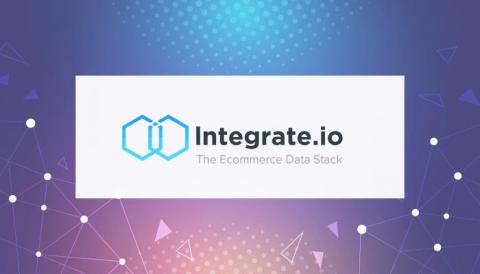Seven Ways to Gain Data Clarity in An Uncertain Climate
It’s been a rollercoaster ride for everyone over the last few years, with particular pressure on Chief Financial Officers (CFOs) to support CEOs steering their organizations through things none of us expected to experience in our lifetime. Unfortunately, with the financial markets going into turmoil over the last few months and consumers of all shapes and sizes starting to cut back on spending, the uncertainty isn’t going to stop anytime soon.











